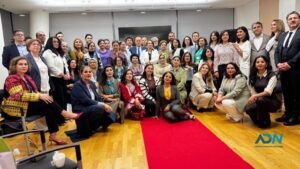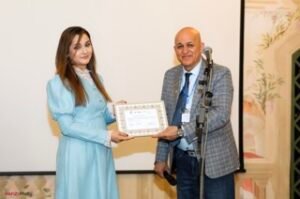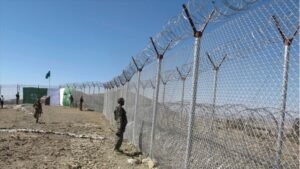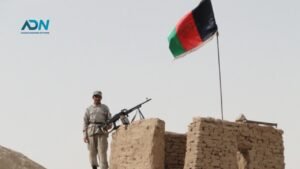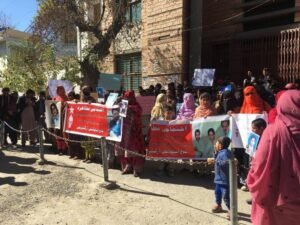Silenced and Disappeared: Baloch Women at Risk
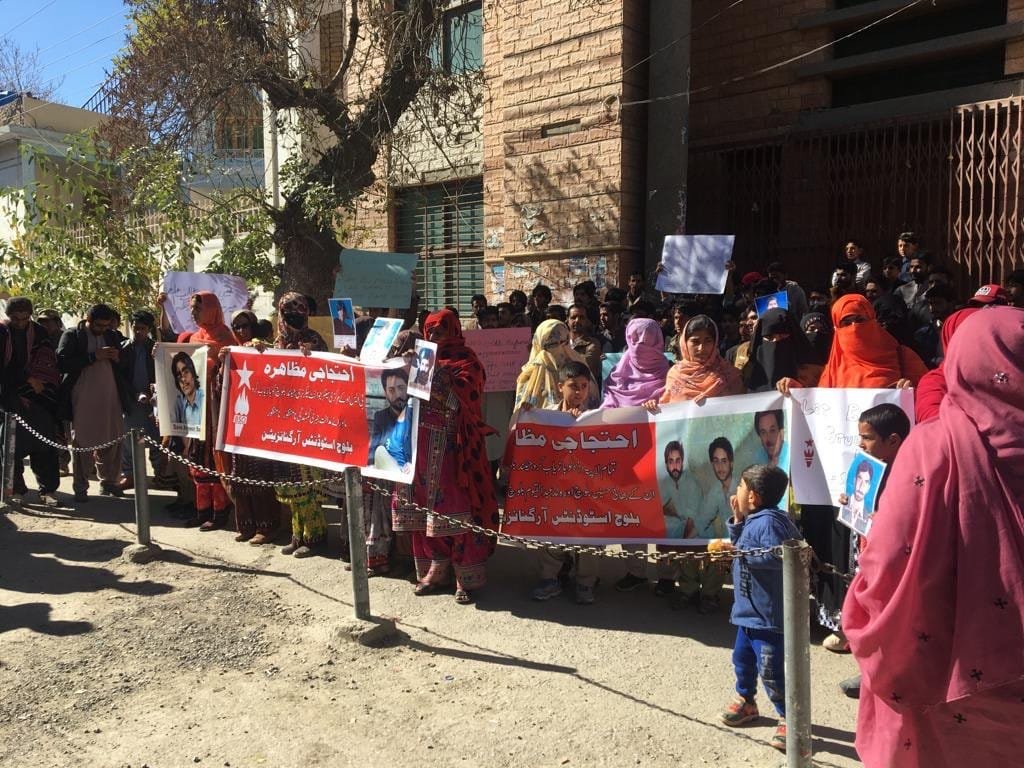
Photo by @Balochistan Human Rights Council for ADN
By Rahmatullah Achakzai
In the stark, sun-beaten hills of Balochistan, something deeply disturbing is unfolding—away from the cameras, beyond the headlines, and behind the concrete walls of state secrecy. Baloch women are disappearing, quietly, systematically, and without a trace. The Pakistani state, which claims to protect its people from militancy, appears instead to be weaponizing enforced disappearances against its own population, and now—alarmingly—against its women.
For years, the Baloch community has suffered a brutal crackdown in the name of counterterrorism. Men have been abducted, tortured, and found in shallow graves. Journalists have been silenced. Students, poets, and professors have vanished into military custody without trial. But the recent surge in disappearances of women—many of them relatives of previously targeted men—marks a sinister escalation in Pakistan’s repression of Baloch identity.
A New Phase of State Violence
The cases of women like Zarina Marri, Seema Baloch, and Shabana Qadir are no longer isolated incidents. Dozens more—unnamed and untraced—have reportedly been taken by Pakistani security forces in Mashkay, Kech, Panjgur, and Gwadar. Rights organizations like the Baloch Human Rights Council (BHRC) and Voice for Baloch Missing Persons (VBMP) have documented a disturbing pattern: no warrants, no charges, no accountability.
These abductions serve not only as a form of collective punishment, but also a cruel tactic of psychological warfare. What message is the state sending when it snatches mothers, sisters, and daughters in front of grieving families?
The International Silence Is Deafening
One would expect an outcry. But apart from a few muted statements by UN rapporteurs and European parliamentarians, the world remains largely silent. Western governments continue their military cooperation with Pakistan. International women’s rights organizations speak eloquently on Afghanistan’s restrictions on girls’ education—but say little about women being forcibly disappeared in Balochistan.
Where are the international feminists? Where are the Nobel laureates? Do the women of Balochistan not bleed, grieve, or vanish loudly enough for global conscience?
An Afghan Perspective: Shared Fears, Shared Grief
As an Afghan, I watch this with horror—but not surprise. Our people, too, have faced the heavy hand of Pakistani security policy, whether through cross-border shelling, drone surveillance, or manipulation of refugee communities. In the border districts of Spin Boldak, Zaranj, and Garmsir, Afghan traders, students, and even aid workers face harassment under the guise of “security screening.”
There is a growing number of Afghan refugees—especially women and children—who have gone missing or been detained without explanation while trying to cross through Balochistan. Many families in Kandahar and Helmand have stopped sending their daughters for medical treatment in Quetta, fearing they may not return.
The Pashtun and Baloch communities on either side of the Durand Line are increasingly under pressure—economically suffocated, politically marginalized, and now physically threatened. The disappearances of women—whether Baloch or Afghan—are not isolated crimes. They are the symptoms of a system that sees certain ethnic identities as threats to be erased.
From Gwadar to Kabul: The Need for Accountability
If Pakistan is serious about justice, it must:
• Acknowledge and investigate the cases of missing Baloch women through independent judicial mechanisms.
• Allow international observers and human rights bodies access to affected districts.
• End the use of military force in civilian areas, particularly under the pretext of “development” projects like China Pakistan Economic Corridor (CPEC), which displace locals without consent or compensation.
• Respect the rights of Afghan refugees in transit and ensure that no individual—especially women—goes missing in its custody.
The Women Are Watching
Make no mistake—the mothers and sisters of Balochistan have not been silenced. They are marching in Quetta, camping outside press clubs, and confronting military officers with photographs and tears. Their courage shames the indifference of the world. Their resistance is louder than the silence of state-sponsored media.
If the international community chooses to look away, it becomes complicit. And if Pakistan continues down this dark path, it will not achieve peace—but only deepen the wounds that already run across its restive western frontier.
The disappearances must end. The women must return. And the world must finally look Balochistan in the eye.
Rahmatullah Achakzai is a journalist based in Balochistan, covering human rights, regional politics, and cross-border issues.
Note: The contents of the article are of sole responsibility of the author. Afghan Diaspora Network will not be responsible for any inaccurate or incorrect statement in the articles.

